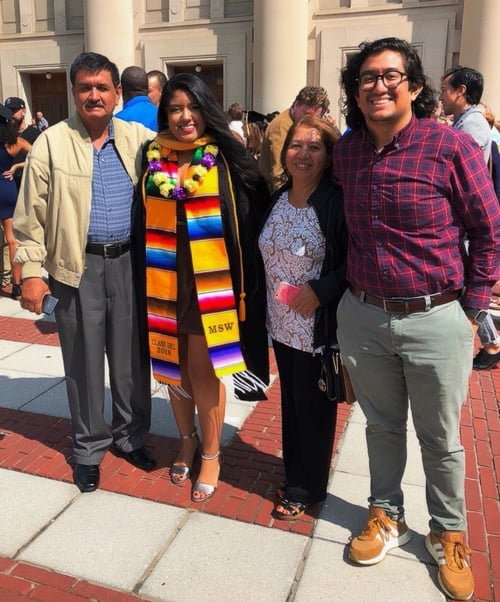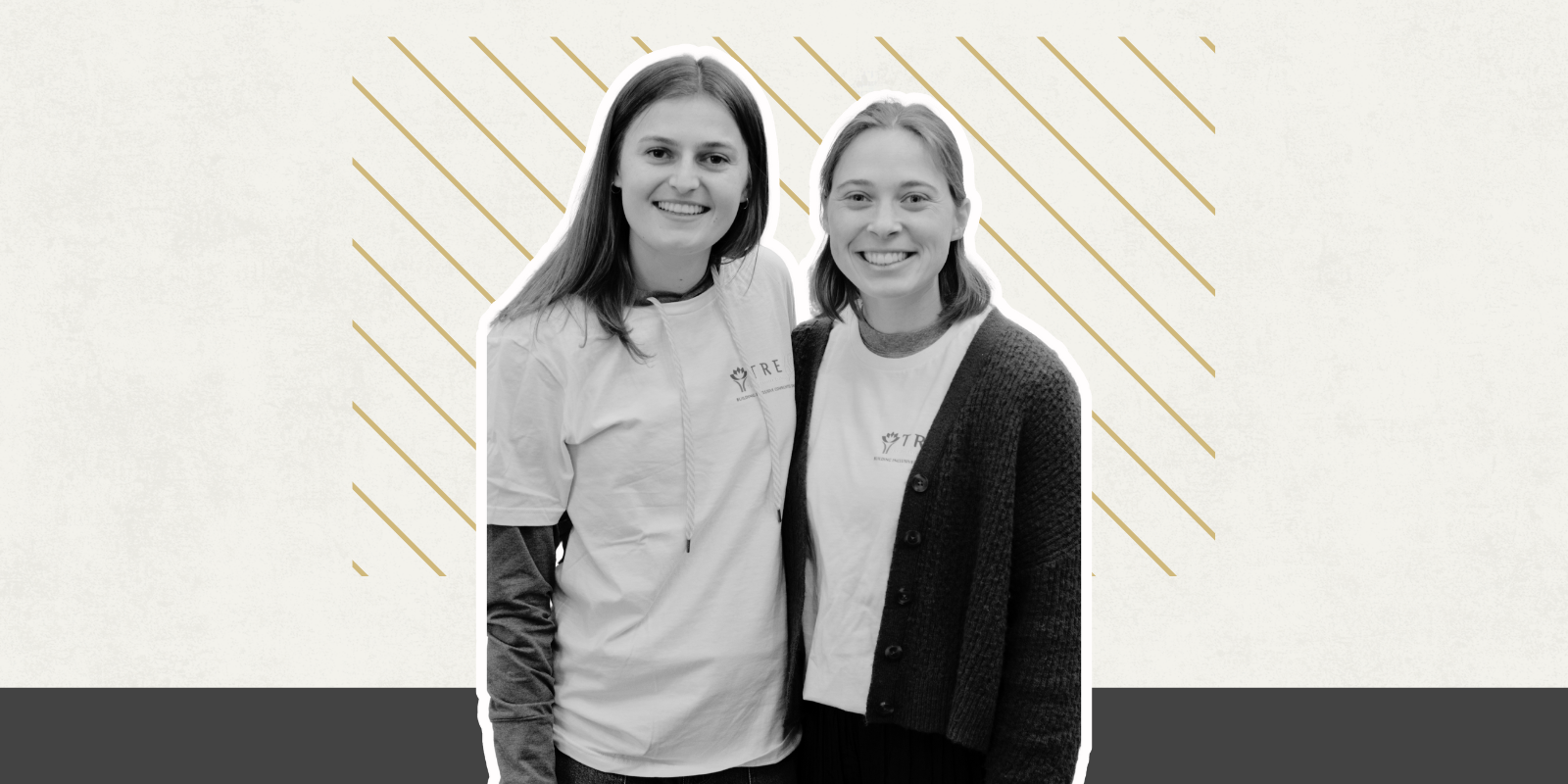As the first one in his family to go to college, Josue Estrella had to navigate his own way through his undergraduate degree at the University of Michigan, where he first developed his interest in medicine.
After getting a crash course in clinical work by working as a traveling medical scribe, setting up new teams in newly contracted hospitals around the country, he entered the University of Colorado School of Medicine in 2019. It was a daunting atmosphere at first, he says.
“The really cool thing about medical school is that it's a process you don't really believe you’ll succeed in at first, but as time goes on, the puzzle pieces start coming together,” he says. “I remember my first year of medical school, being told that, ‘You'll be learning all this information, and it's like drinking out of a fire hydrant.’ I thought, ‘I have no idea how I'm going to retain any of this, let alone apply it in a real situation.’”
But Estrella hung in there, and soon things began to click. His classroom training kicked in when he began working in the clinic, and by his third year, he was feeling much more confident in his knowledge and abilities.
“Now, as a fourth year, I remember a lot of what they taught me in first year and second year,” he says. “It's really cool to look back at this very daunting task that you're given day one and then, toward the end, realizing that ‘I am capable.’ Not only am I able to remember very important information, but I'm also able to deliver that in a very effective, safe, and meaningful way to patients. It's a cool experience to see the personal growth from very bad imposter syndrome to being more confident in my ability to do some good in the world.”
Target on trauma
When it comes to doing good in the world, Estrella feels a special call to the field of trauma surgery. His journey to the specialty begins on Match Day, March 17, when he finds out where he will go for his general surgery residency. He plans to follow that with a one- to two-year trauma fellowship that will further expand his skills.
“I find trauma to be a very exciting field. I like the idea of showing up to work and not really knowing what's going to happen,” he says. “I'm the type of person who doesn't sit well with routine. I like to be kept on my toes.”
Another draw to trauma for Estrella is the ability to help medically underserved patients and patients of color. As the son of immigrants from Central America and South America, he has long had an interest in helping communities like the one in which he was raised.

Estrella with his family.
“I feel that my understanding of underserved populations, as well as my talents for understanding science and physiology, could go a long way in the field of trauma, since these tend to be communities that are more likely to suffer traumatic injuries and injuries of violence,” he says.
Mentors in research and more
Estrella’s interest in underserved communities extends to the research he conducted during medical school, including a study that looked at whether disparity in access to care was connected to worsening outcomes of appendicitis.
“Much of my research revolves around surgical outcomes in this patient population,” he says. “I work a lot with the Social Vulnerability Index, which deconstructs different sociodemographic factors in various households and communities and creates a score that shows how resilient a community or a household or a patient can be when it comes to emergencies. The idea is that if we can pinpoint pockets of patients that need more assistance when an emergency happens, maybe they can have better surgical outcomes.”
Estrella is thankful to his research mentor Catherine Velopulos, MD, professor of GI, trauma, and endocrine surgery, for her assistance on the appendicitis study; he also credits other mentors including Paul Montero, MD, associate professor of GI, trauma, and endocrine surgery, as well as the medical director of an Estes Park family medicine clinic where Estrella worked during his third year of medical school.
When he is established as a trauma surgeon, Estrella wants to fill the same mentorship role for others.
“I want to be someone that medical students and even residents can look up to and turn to whenever they need advice about not only medical training, but just life in general,” he says. “My family medicine mentor taught me that, at the end of the day, you might be a doctor, but you're also a person with needs and emotions and goals outside of medicine itself. I hope to be someone who can bring that perspective that says, ‘Hey, sometimes this profession really sucks. But you can build a life outside of it, where you can wake up each morning and still enjoy what you do and still take care of patients the best you can.’”
Estrella matched in general surgery at Boston University Medical Center.



